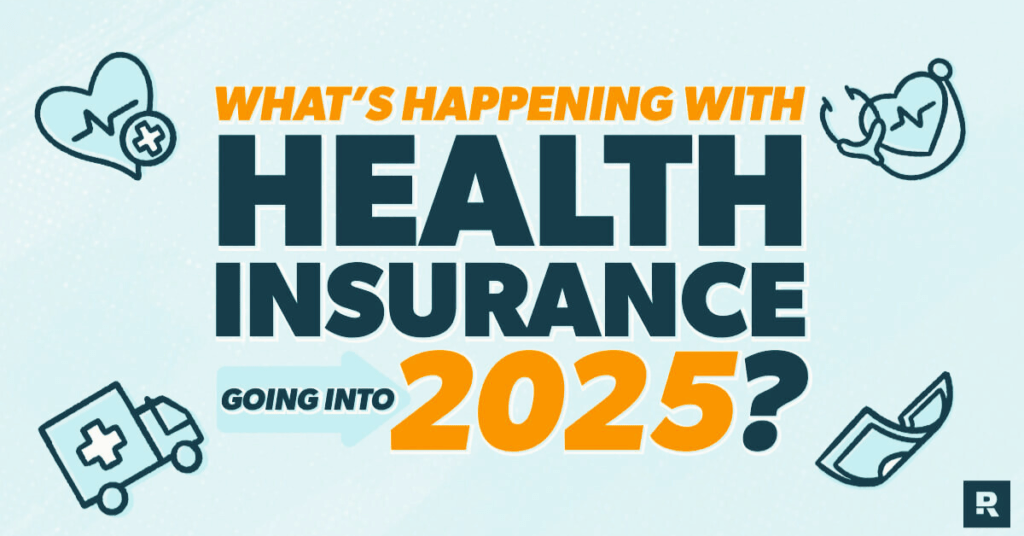Health insurance remains a cornerstone of personal well-being, offering financial protection and access to quality healthcare. As we step into 2025, staying informed and proactive about your coverage is critical. Here are the top health insurance tips to navigate this evolving landscape.
Understanding Your Health Insurance Needs
Assessing Your Health Risks
Your lifestyle, age, and medical history significantly influence your insurance needs. Younger, healthier individuals may prefer high-deductible plans with lower premiums, while older individuals or those with chronic conditions might need comprehensive coverage.
Family vs. Individual Plans
Decide whether you need coverage for just yourself or your entire family. Family plans may offer better value if multiple members require frequent medical care.
Researching Plans and Providers
Compare Multiple Plans
Use online comparison tools to evaluate multiple options side-by-side. Focus on premiums, deductibles, coverage limits, and customer reviews.
Provider Networks
Check if your preferred doctors and healthcare facilities are part of the insurer’s network. Out-of-network care can lead to significantly higher costs.
Coverage Features to Prioritize
Preventative Care Benefits
Preventative care, including annual check-ups and vaccinations, helps detect issues early. Many plans now emphasize wellness to lower overall healthcare costs.
Comprehensive Coverage
Ensure your policy covers hospital stays, prescriptions, emergency care, and specialist visits. Comprehensive coverage minimizes out-of-pocket expenses in the long run.
Evaluating Costs and Affordability
Understanding Premiums, Deductibles, and Copayments
Premiums are your regular payments, while deductibles are the amount you pay before coverage kicks in. Balance these costs based on your healthcare usage.
Out-of-Pocket Maximums
Choose a plan with a manageable out-of-pocket maximum. This limit caps your expenses for the year, offering financial security during emergencies.
Leveraging Technology for Better Choices
AI-Powered Plan Recommendations
AI tools analyze your medical needs, budget, and usage patterns to recommend the most suitable plans. These innovations simplify decision-making.
Telehealth Services
In 2025, telehealth is a game-changer. It provides convenient, affordable access to doctors for non-emergency issues, reducing the need for in-person visits.
Staying Updated on Policy Changes
Annual Plan Reviews
Healthcare needs and policies change annually. Review your plan during open enrollment to ensure it still aligns with your requirements.
Legislative Updates
Stay informed about healthcare laws and regulations. Changes at the state or federal level could impact your coverage and costs.
Avoiding Common Mistakes
Ignoring Fine Print
Read the policy terms carefully to understand exclusions, coverage limits, and conditions. Overlooking these details can lead to denied claims.
Overlooking Renewal Deadlines
Missing renewal deadlines can leave you without coverage. Set reminders to ensure your plan remains active.
Benefits of Supplemental Insurance
Coverage for Gaps
Supplemental insurance, like critical illness or accident coverage, fills gaps in your primary plan. It’s especially useful for unexpected medical events.
Specialized Policies
Consider adding dental or vision insurance if these services aren’t included in your primary plan. They’re cost-effective and offer valuable coverage.
Conclusion
Health insurance in 2025 is about more than just financial protection; it’s a vital tool for maintaining your well-being. By understanding your needs, evaluating costs, leveraging technology, and staying informed, you can choose the right coverage for you and your family. Take control of your healthcare journey and enjoy peace of mind knowing you’re prepared for any situation.
FAQs
What factors should I prioritize when choosing a health plan?
Focus on coverage, affordability, provider networks, and customer service when evaluating plans.
Are online tools reliable for comparing insurance plans?
Yes, tools like Policygenius and government healthcare marketplaces provide accurate comparisons.
How does telehealth improve access to care?
Telehealth offers quick, cost-effective consultations for minor issues, saving time and money.
What are the key costs to consider in a health plan?
Premiums, deductibles, copayments, and out-of-pocket maximums are critical to budget for.
Should I consider supplemental insurance?
If your primary plan lacks coverage for dental, vision, or critical illness, supplemental insurance is worth exploring.


